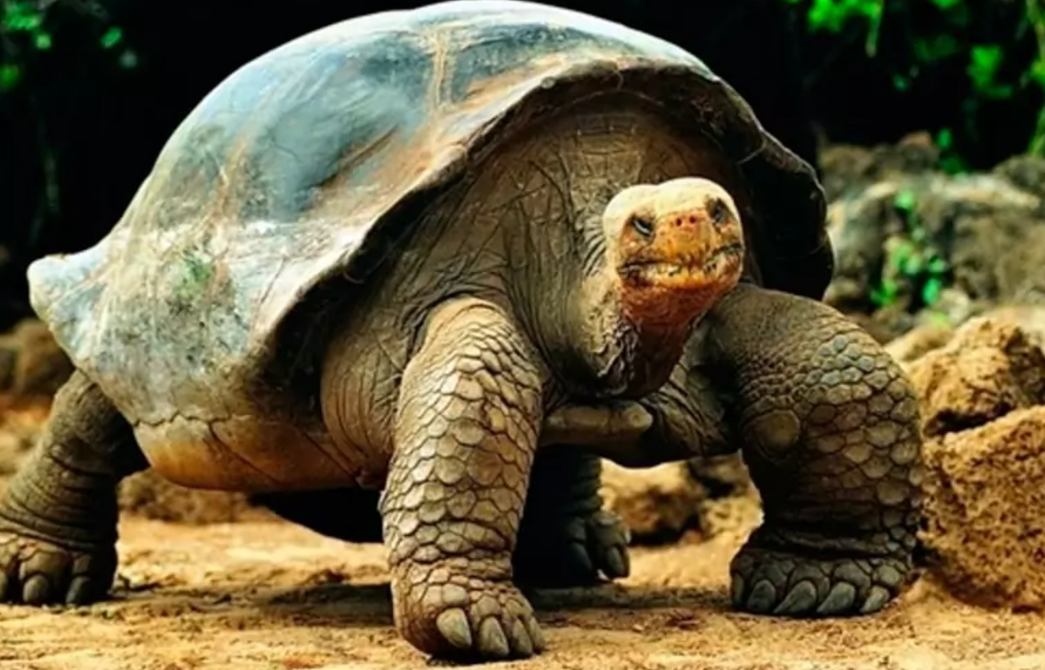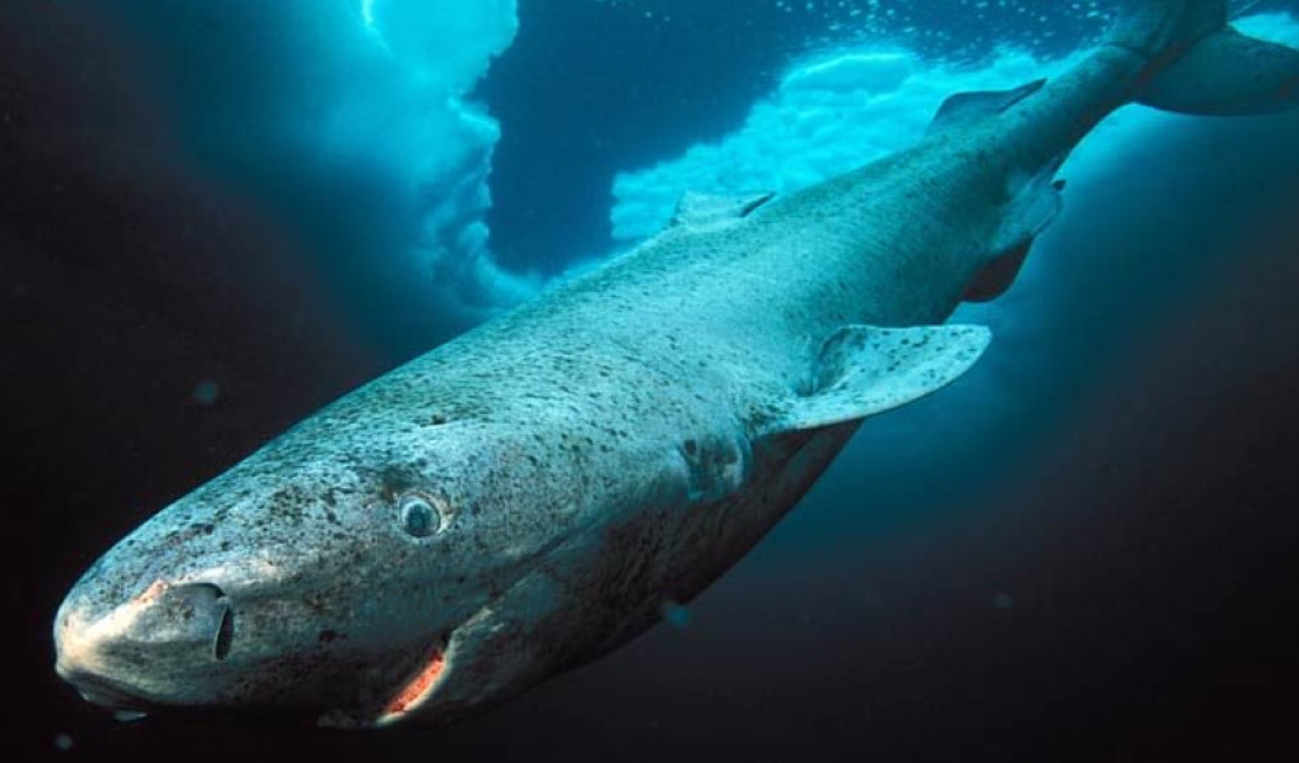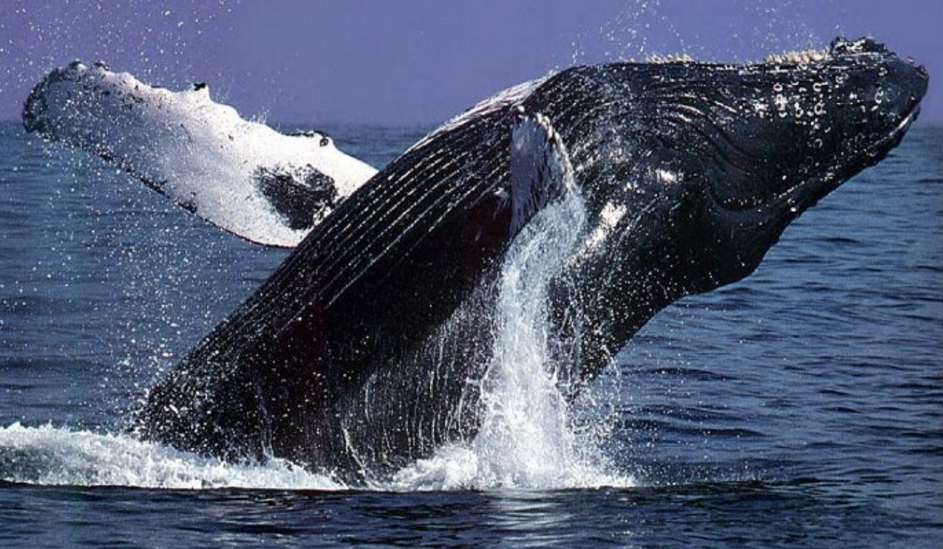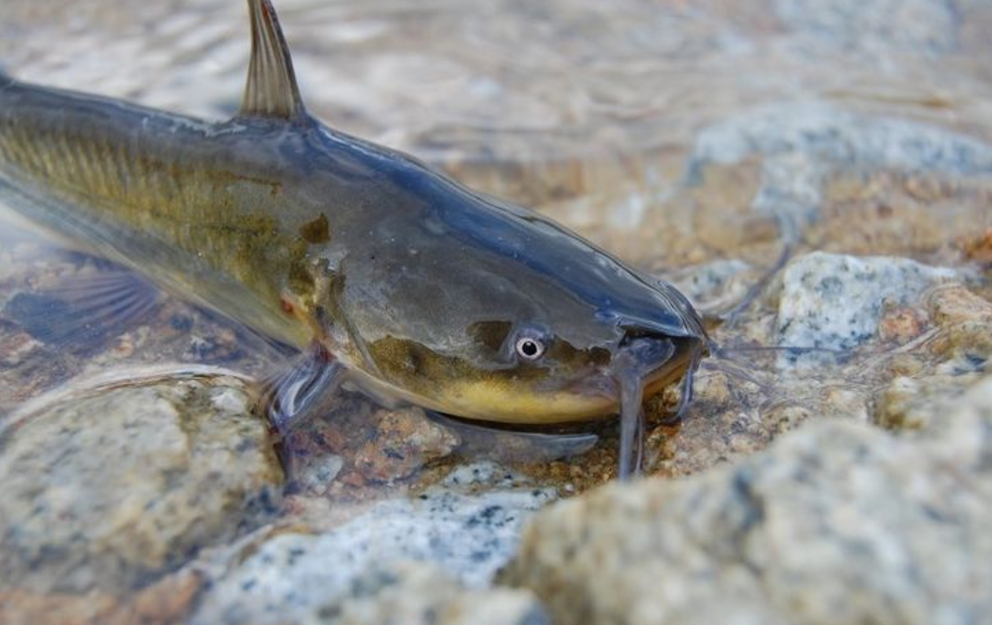The planet's animals have an impressive diversity, not only in their appearance and behavior, but also in their lifespan. Some animals are known to live for more than a century, while others are short-lived. Below we will discuss which animal lives the longest in the world , delving into its biology and the reasons behind its longevity.
When it comes to longevity in the animal kingdom, there are several contenders worth mentioning. Among them, the Galapagos tortoise is famous for its ability to live for over 177 years.
However, there are other animals that even surpass this venerable species. For example, the catfish , which can live for more than 200 years under suitable conditions.
The Galapagos Tortoise

The Galapagos tortoise (Chelonoidis nigra) is a symbol of longevity. Its herbivorous diet and slow metabolism are factors that contribute to its long life. Some tortoises have been documented to live over 177 years, with the documented record being a tortoise known as "Harriet," who lived to be 176 years old.
One of the reasons that could explain their longevity is their miniaturization or low growth rate. Under ideal conditions, they can live in ecosystems that do not have many natural predators, which gives them a greater sense of security and, therefore, a longer life.
The Greenland shark
Another major competitor is the Greenland shark (Somniosus microcephalus). This shark is known to be one of the longest-living vertebrates on Earth, with some estimates suggesting they can live for over 400 years . Amazing!
Greenland sharks grow very slowly and their sexual development takes many years, putting them on a path to an exceptionally long life. In recent studies, some Greenland sharks were found to have been born as far back as the 14th century, resulting in a life history that is both fascinating and mysterious.

Research on longevity
Scientists have been studying these animals to understand the mechanisms behind their extraordinary longevity. Researchers are exploring potential roles of genetics, environment, and diet to determine how these factors influence the lifespan of these species. Recent genetic studies have revealed that longevity is not simply a matter of luck , but may be the result of a set of evolutionary adaptations.
Genetics and Longevity
One of the keys to understanding the longevity of animals such as the Galapagos tortoise and the Greenland shark lies in their genes . Research has shown that certain genetic mutations can influence cell repair capacity and resistance to disease.
For example, the telomerase gene , which helps maintain the length of telomeres (the ends of chromosomes), plays a crucial role in aging. The longer the telomeres, the longer an organism can live. This is an active area of research that could have implications for human health.
Environmental Factors
In addition to genetics, environmental factors are also key. Animals that live in habitats with low pollution and natural predators tend to live longer. For example, many species of sea turtles that live in pristine waters can reach advanced ages thanks to optimal conditions for their development.
Eating Habits
Diet plays a crucial role in longevity. Animals with balanced diets, rich in essential nutrients, tend to have a longer lifespan. The Galapagos tortoise, for example, feeds on a variety of plants, giving its body the nutrients it needs to repair tissues and stay healthy.
Other Long-Lived Animals
While the Galapagos tortoise and the Greenland shark are the most notable, there are other animals that are also considered long-lived. Below, we explore some of these fascinating creatures:
The Greenland Whale
The bowhead whale (Balaena mysticetus) has a lifespan that can reach up to 200 years. Known to live in the waters of Alaska and Greenland, these whales are also hunted for their blubber, which has led to a decline in their population throughout history. The bowhead whale's longevity is due to roughly the same type of environment in which it grows, where environmental pressure is low.

The catfish
The vejigante, or catfish , is another animal that stands out for its longevity. This fish has been known to live for more than 200 years, which is very unusual in the animal world. Its aquatic environment offers it a habitat without natural predators, and its metabolism allows it to maintain slow growth throughout its life.

The study of longevity in the animal kingdom offers us a window into the complexity of biology and the environment. Animals such as the Galapagos tortoise and the Greenland shark not only show us the wonder of nature, but also invite us to investigate further how we can apply this knowledge in our daily lives.
The quest for longevity is a topic of interest not only in zoology, but also in human medicine, and perhaps by learning from these magnificent beings, we can discover the secrets of a long and healthy life.
Comentar: